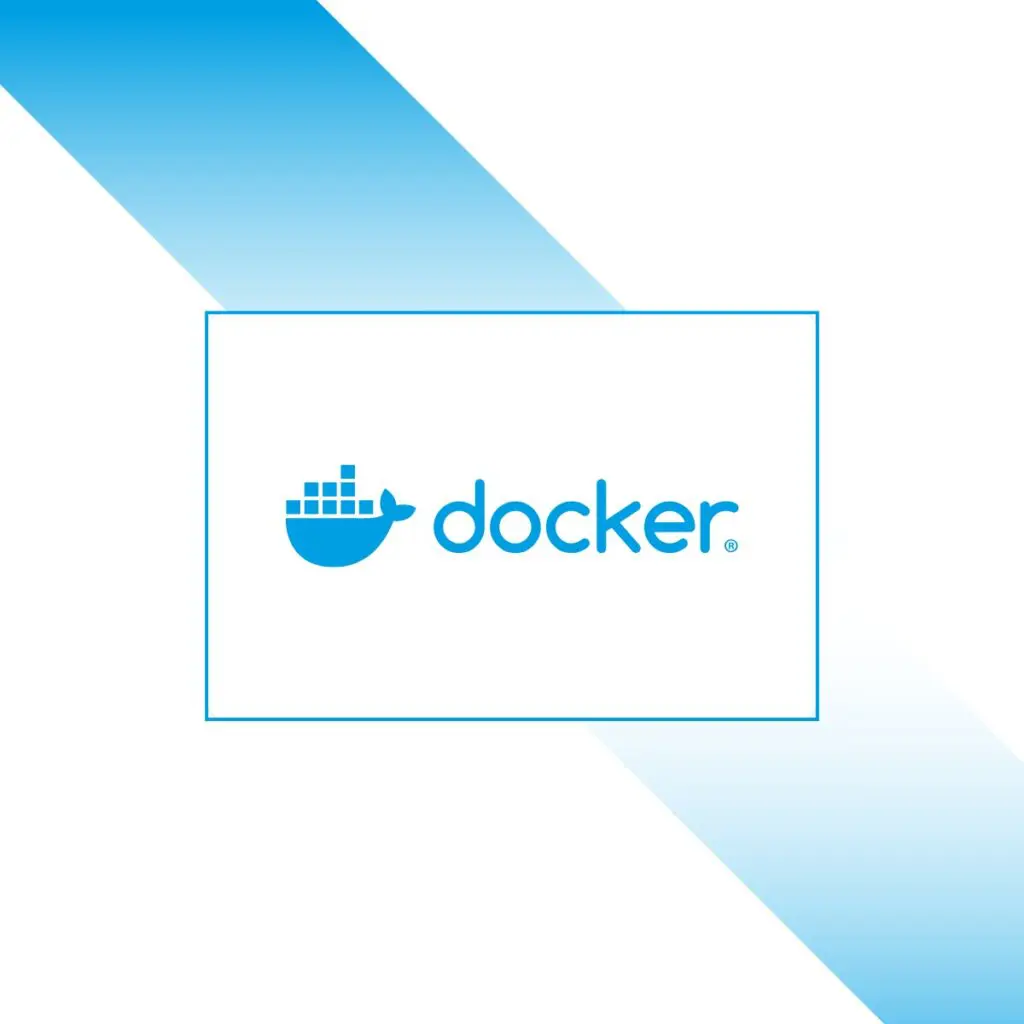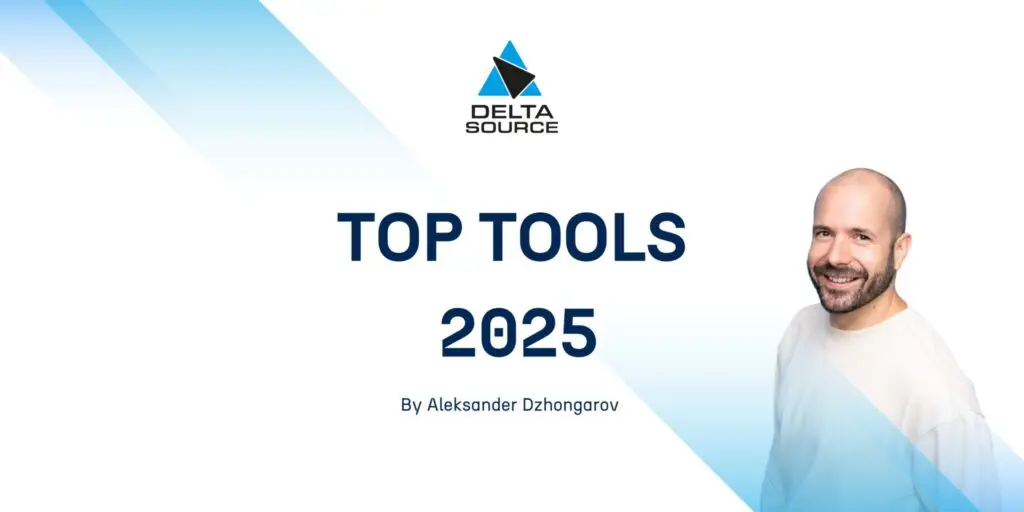Reflecting on 2024, it’s evident that while technology continues its relentless evolution, the manner in which we engage with it has undergone a profound transformation. The advent of artificial intelligence (AI) has significantly altered our interaction with technological tools.
The shift in developer resources
Developers are increasingly moving away from traditional forums like Stack Overflow and instead opting for AI-driven solutions such as ChatGPT, DeepSeek and Gemini. Notable statistics underscore this transition:
- Decline in Stack Overflow Engagement: In December 2022, Stack Overflow recorded approximately 247 million visits. By December 2024, this number had decreased to 185.5 million.
- Surge in ChatGPT usage.: As of December 2024, ChatGPT has more than 300 million weekly active users, with more than 1 billion messages exchanged daily.
- It’s important to note that this user base encompasses a diverse audience beyond just software developers, including individuals who find this mode of interaction both efficient and informative.
The Integrating of AI into daily workflows has become imperative, enhancing efficiency and adding value to routine tasks. Established tools are evolving, incorporating AI features to enrich user experiences. Let’s explore some notable examples:
Slack
Slack, a tool that many of us use or have used for communication, initially resembled the outdated mIRC program. However, it has grown over time, incorporating features such as Canvas, file organization, and direct link previews from popular streaming services. Additionally, Slack AI now allows users to ask questions and receive tailored responses, as well as get summaries of channel messages or thread recaps.
IntelliJ IDEA
Another quite popular and famous tool in the Java world is IntelliJ IDEA. But like anything else with the help of AI, productivity can be dramatically increased. The GitHub Copilot integration allows the engineer to get suggestions, explain code, generate unit tests, and suggest fixes to the code. This significantly increases the added value and the amount of work that can be done. For organizations concerned about data privacy, especially regarding access to code repositories, deploying local large language models (LLMs) offers a viable alternative. Plugins like DevoxxGenie, compatible with platforms such as Ollama, LMStudio, and Llama.cpp, enable AI-assisted coding while ensuring computations remain confined to local machines, mitigating GDPR concerns.
Docker
Docker remains an essential tool for software engineers in 2025, providing consistent, isolated environments for development. This eliminates configuration conflicts that often arise when installing applications directly on the host OS. Anyone who has followed readme instructions only to encounter unique errors due to config settings will appreciate the time saved by Docker. By running software in containers, Docker avoids these issues, preventing hours spent searching forums and deciphering error logs.
Docker also adds tremendous value to CI/CD processes. Integrating Docker into the pipeline allows for test and delivery automation while simplifying deployments and bug fixes. Containerization ensures consistency across development, test, and production environments, eliminating the common issue of discrepancies between environments. Additionally, Docker’s lightweight containerization facilitates the deployment of microservices, enabling the breakdown of monolithic applications into smaller, more manageable, and independent services.

Raycast
I have a colleague who was so preachy about Raycast that we began to doubt that there were shares being bought and the company’s profits depended on it. Joking aside, Raycast is one of the most powerful tools for accelerating productivity. Its power is to automate repetitive tasks, execute different commands and servers with configurable shortcuts, share across the team and all with the help of AI. Raycast is certainly and will be one of the very hard to replace tools. Highly recommend it.
The terminal
Despite all the years and all the modern tools, for me it’s indispensable! It gives you unparalleled control and flexibility in executing commands and managing system operations. The ability to write scripts and use the certainly faster responses compared to the GUI. And modern terminal emulators are evolving to include irreplaceable capabilities like AI assistance & collaboration features
The core principles remain consistent, but AI introduces a new perspective, mechanism and speed to the familiar tools we use. Embracing the potential of AI to improve our daily work is critical to keeping up. We need to identify areas where AI can optimize and improve our processes.
Sources:
